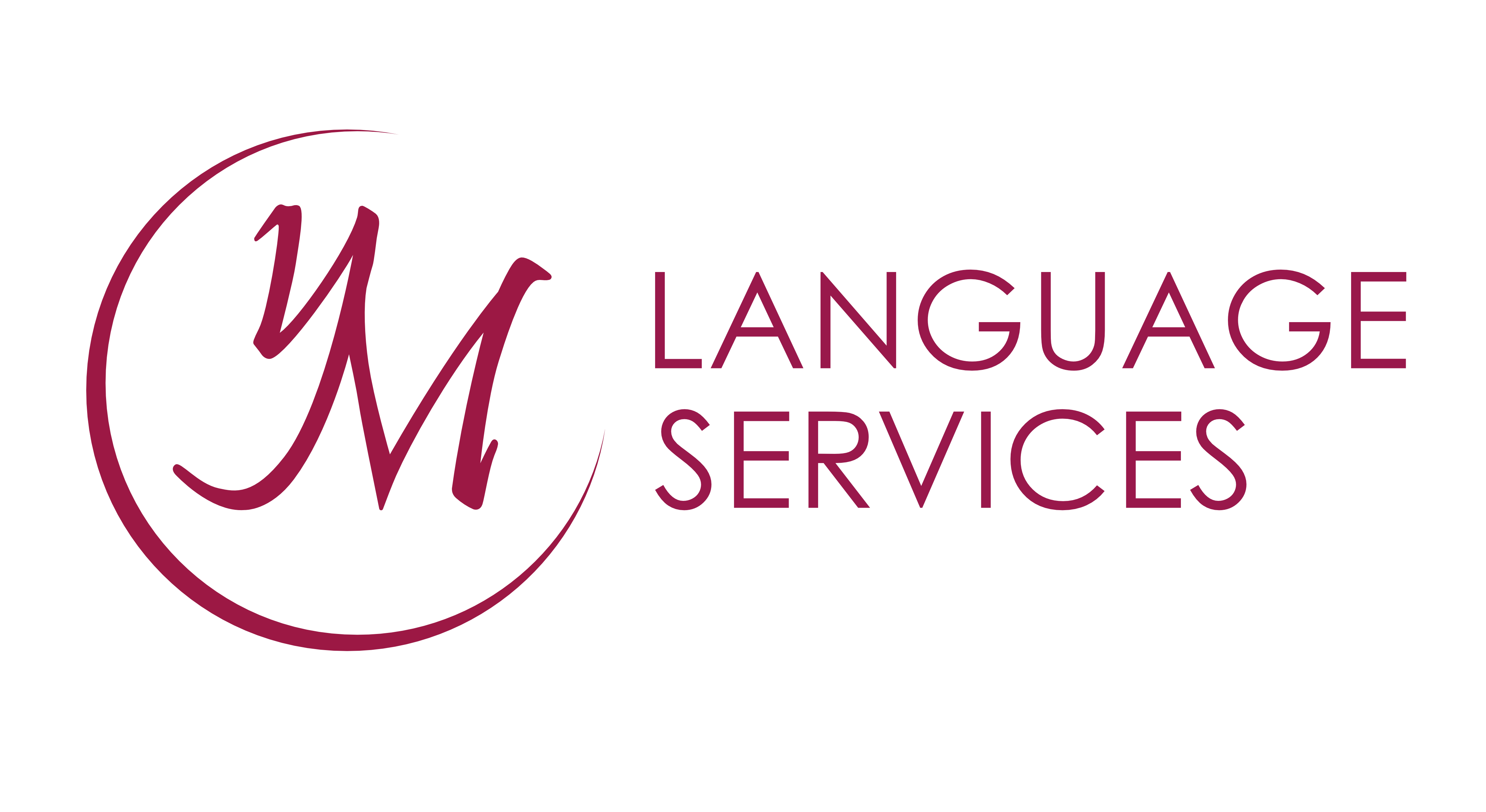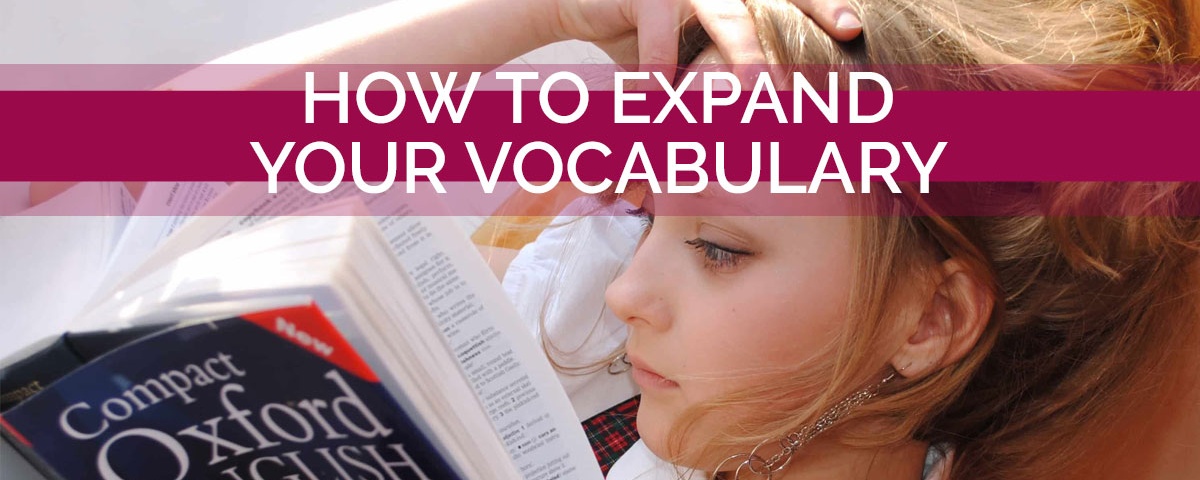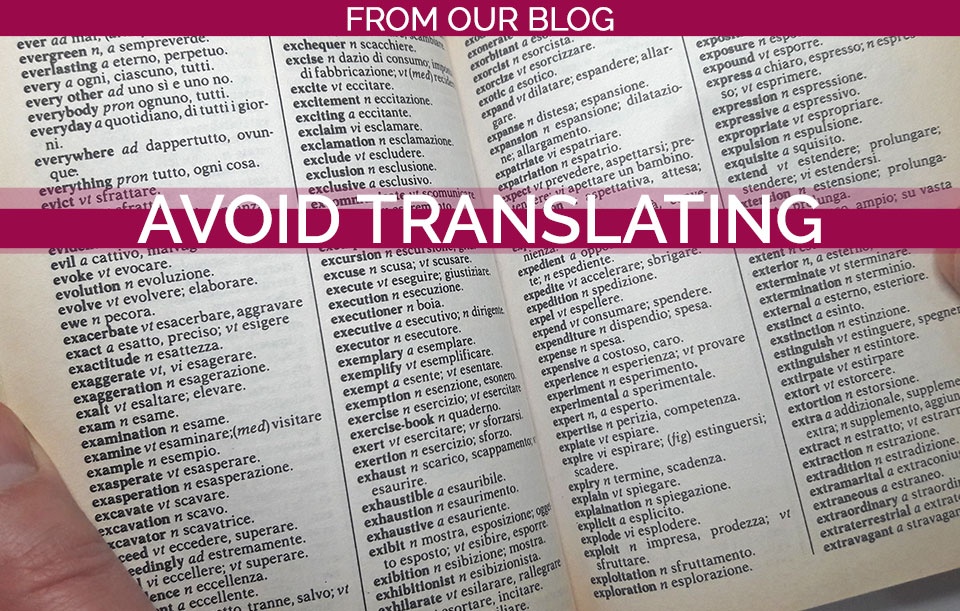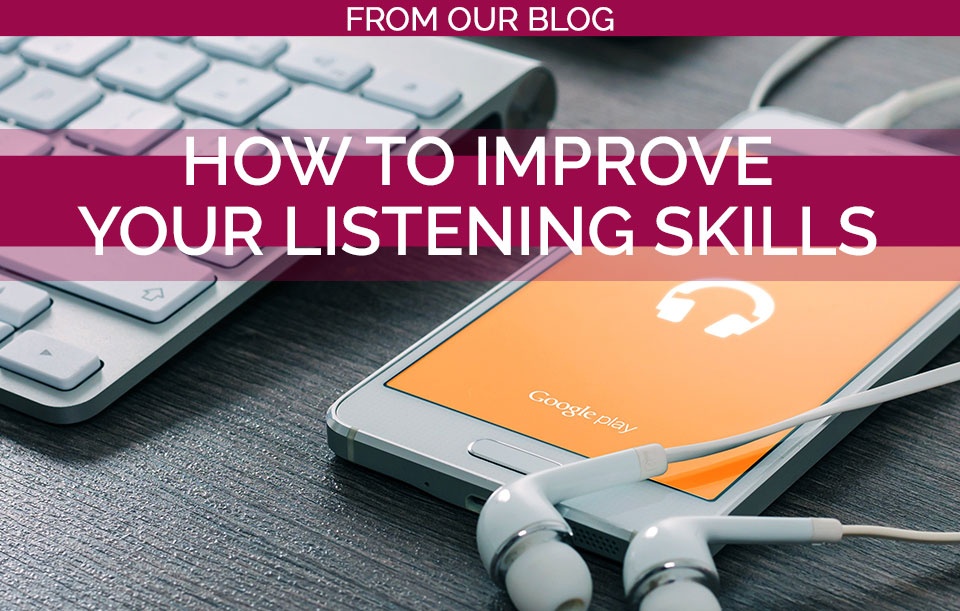
Learning languages with films
03/12/2019
How to improve your listening skills
10/11/2020K
nowing the grammatical and syntactical structure of a language is essential to be able to communicate - to the same extent as knowing the structural system is fundamental for building a house. However, if you do not know which words you have to use, in other words if you do not have any bricks, it is impossible to start expressing yourself and then start the construction.
E
xpanding your vocabulary is perhaps the most personal component in the study of a foreign language. In fact, teachers provide us with interesting teaching material packed with vocabulary to learn, but the problem is how to let all these new words enter our minds so that we can use them when needed.
Our long-term memory works differently. Therefore, a given method is not necessarily suitable for everyone. Some people have a more visual memory, some need to contextualise the information they receive to store it while others can simply learn new words more easily because their long-term memory is better trained.
Our long-term memory works differently. Therefore, a given method is not necessarily suitable for everyone. Some people have a more visual memory, some need to contextualise the information they receive to store it while others can simply learn new words more easily because their long-term memory is better trained.
F
or this reason, I wrote this post with the aim of giving you 5 tips to memorise new words and help you expand your vocabulary in the foreign language you are studying or improving.
1 - The importance of the context
I n my opinion it is very important to contextualise words you want to learn by imagining them in a given situation. Personally, I am always very careful to visualise the image evoked by a word or an expression the first time I hear them. This image allows me to associate the new terms with the context and the situation in which I first heard them, thus having a mini context which allows me to remember them more easily.
To contextualise a word, you shouldn’t make random lists of words or try to memorise a glossary of thousands of terms found on the Internet.
The best thing to do is to create your own word list based on an article you have read or a video you have watched. In this way the vocabulary will be contextualised and related to the situation in which you heard these words
... and of the notebook
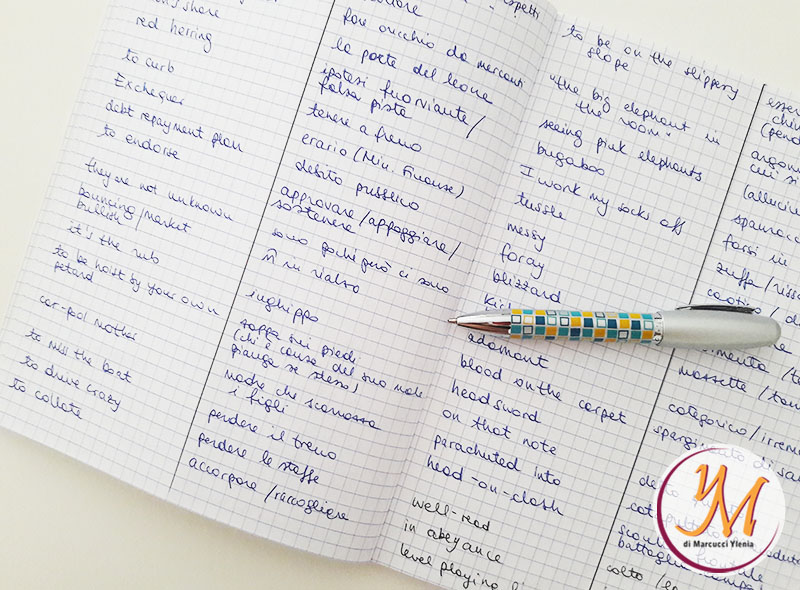
I
personally used to write words in notebooks. I divided the page in half using a ruler and in the left column I inserted the word in the foreign language and in the right column the translation into Italian, my mother tongue (or vice versa). This left me with mini lists of words related to the same subject: a mini context that helped me to remember the words.
Personally, I always find that lists in alphabetical order (e.g. using an address book) are useless because when you review your vocabulary the context is missing. Moreover, words are arbitrarily grouped - only according to their initial letter. Then when you study you always start from the beginning of the list and you always know the words of the first letters of the alphabet and never those that begin with W (and there are very many starting with W in English!). We also need to memorise words that are important and relevant to us because this will help us to memorise them.
After writing the words in the notebook you will need to study them constantly, covering a column with your hand and repeating the words aloud. The notebook is practical, always at hand and easy to consult even if you are not at home.
In addition to that, collecting all the new words helps you ‘psychologically’ because we know that a given word which we can't recall now and is on the tip of our tongue is listed in the notebook - We just need to look through our notebook carefully to find it.
The only downside of using a notebook is that words are always in the same order and even when we review them again we remember which word will follow the one we are saying out loud (a bit like when listening to a CD we know which song will follow the one that is about to end). There is another method which is just as valid and which I mentioned in another article: flashcards. With flashcards, the order of the words is always random!
Personally, I always find that lists in alphabetical order (e.g. using an address book) are useless because when you review your vocabulary the context is missing. Moreover, words are arbitrarily grouped - only according to their initial letter. Then when you study you always start from the beginning of the list and you always know the words of the first letters of the alphabet and never those that begin with W (and there are very many starting with W in English!). We also need to memorise words that are important and relevant to us because this will help us to memorise them.
After writing the words in the notebook you will need to study them constantly, covering a column with your hand and repeating the words aloud. The notebook is practical, always at hand and easy to consult even if you are not at home.
In addition to that, collecting all the new words helps you ‘psychologically’ because we know that a given word which we can't recall now and is on the tip of our tongue is listed in the notebook - We just need to look through our notebook carefully to find it.
The only downside of using a notebook is that words are always in the same order and even when we review them again we remember which word will follow the one we are saying out loud (a bit like when listening to a CD we know which song will follow the one that is about to end). There is another method which is just as valid and which I mentioned in another article: flashcards. With flashcards, the order of the words is always random!
2 - Learn words in a sentence
S econdly, it is very important (and easier) to memorise words not in isolation, but in sentences or chunks. As mentioned above, this will help us to remember the context or the situation.
For example, memorise the French phrasal verb “avoir besoin” in a sentence such as “J’ai besoin de ton aide” or memorise the Italian phrasal verb “essere d’accordo” by thinking of a sentence such as “Sono d’accordo con te”.
3 - Establish connections between words
I t is also very important to establish connections between words to memorise them. The stranger the associations are, the better they work: for example, to remember the French word for “bat” (which is “chauve-souris”) just think of a bald (chauve) rat (souris).
4 – Learn the correct pronunciation from the beginning
L earning how words are spelt is as important as learning their correct pronunciation. To do that, associate the sound of a word with its spelling as soon as you learn the word!
I also encourage you to ask a native speaker or your teacher to record lists of words in the foreign language (possibly followed by translation into English or your mother tongue) and listen to them constantly. My students ask me to record lists of words and I do so willingly because I am sure this method works.
In fact, you cannot learn only how to write a word and have doubts about its pronunciation because you will never use it while speaking – simply because you don’t know to pronounce it well and because you’ll find it hard to recognise it when it is pronounced correctly (and not as you think the word should be pronounced).
You can also consult online dictionaries where you can find the pronunciation of words, one of them is wordreference.com where you will listen to the pronunciation of words in English, French, Italian and many other languages!
5 - Do not forget the origins!
T his point is a bit more ‘technical’. When you come across a new word and you want to memorise it, it can also be useful to study its etymology, seeing if it is composed of prefixes or suffixes and analysing similarities with your mother tongue.
For example, many nouns come from verbs and knowing the rules of noun formation can help you memorise them more easily:
Moreover, in many languages many adjectives are made up of prefixes that transform a word into its opposite:
You can create a word family for the most important words. It consists of the basic form of a word plus its flexed forms and derived forms with suffixes and prefixes, i.e. listing all the words that have a common etymological origin. On this site you will find an extraordinary English dictionary in which the Word Families for each lemma are also proposed: vocabulary.com

F
inally, you have to constantly repeat and review words you have learnt in random order, rather than learning them in sequence, as mentioned earlier in point 1. You can review the words in your notebook by covering the terms in your mother tongue with your hand, or by using flashcards.
It is therefore necessary to make sure that this new vocabulary is always 'available' - in other words ready to be used: to do this you must try to use the new word the following days in real communication situations!
It is therefore necessary to make sure that this new vocabulary is always 'available' - in other words ready to be used: to do this you must try to use the new word the following days in real communication situations!
T
o discover more ways to expand your vocabulary through simple and entertaining activities, have a look at this interesting blog post on Fun ways to expand your vocabulary by IvyPanda, a successfull educational student hub. You will find a guide on fun ways to learn and practise new vocabulary, tips and tricks, and a useful infographic where you can find out how to memorise vocabulary and remember unfamiliar words and their definitions.
